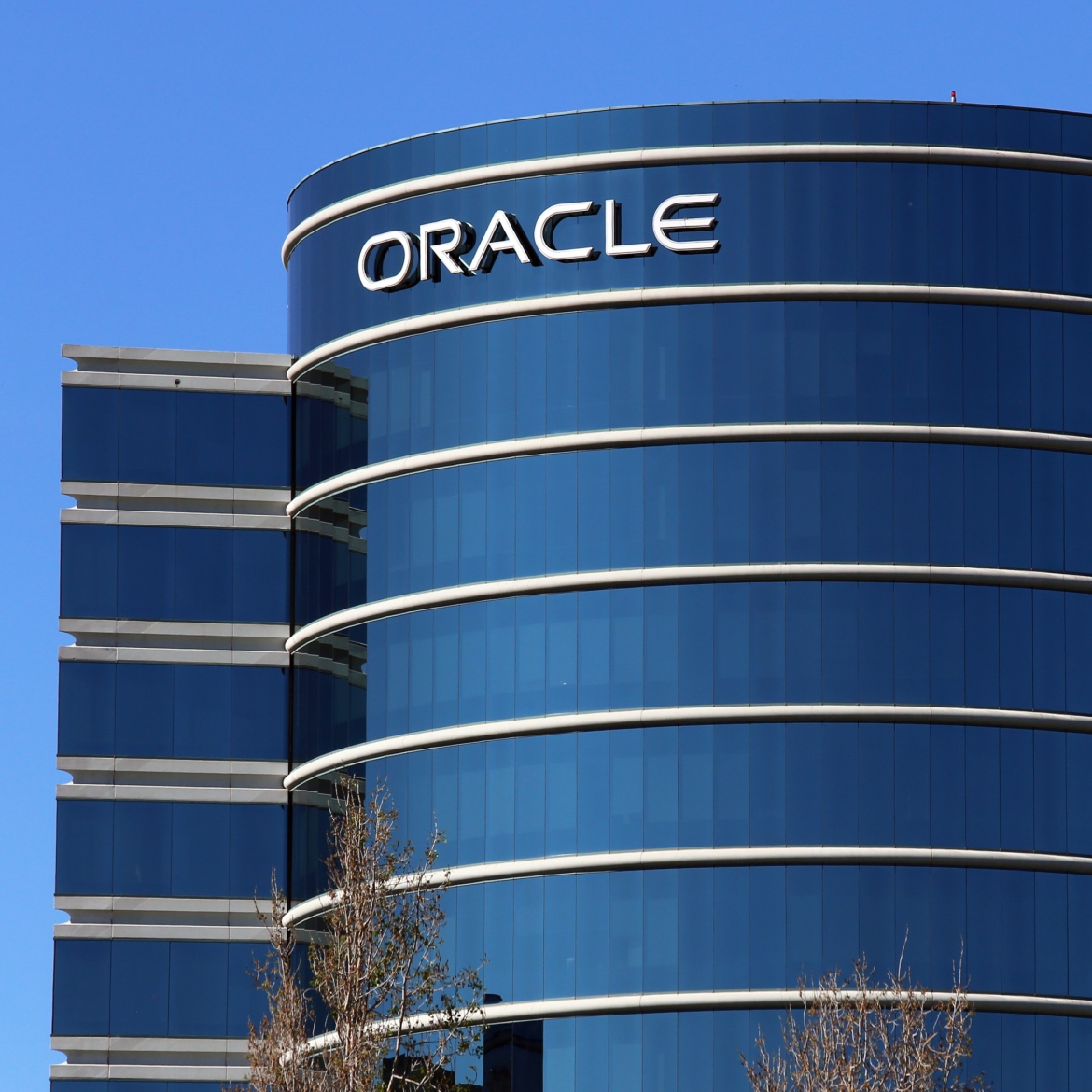Investing
4 Top Jefferies Value Stocks to Buy Have Big Upside Potential

Published:
Last Updated:

One thing is for sure, most equity investors were relieved to see a very strong rally to end the trading last week. While the talk of a recession right around the corner looks to be very premature, the fact that the bull market is getting long in the tooth is probably not. All the more reason for investors to look for value stocks that have solid upside potential and solid valuation.
A recent Jefferies research report from focuses on some large cap stocks that are still trading way below their 52-week highs. At current levels they offer investors not only a solid entry point, but some serious upside potential. All are rated Buy at Jefferies too.
Deckers Outdoor
This company has always done a job on short sellers, and it may be primed for a good run higher. Deckers Outdoor Corp. (NYSE: DECK) is a global leader in designing, marketing and distributing innovative footwear, apparel and accessories developed for both everyday casual lifestyle use and high performance activities.
The company’s portfolio of brands includes UGG, Teva, Sanuk, Ahnu, HOKA ONE ONE and Koolaburra. Deckers Brands products are sold in more than 50 countries and territories through select department and specialty stores, 154 company-owned and operated retail stores, and select online stores, including company-owned websites.
Jefferies points out that corporate management is energized on the new product front, with a revamped UGG classic coming in August that will have a water-resistant finish and a new sole. And the company continues to drive efficiency, with more of a focus on e-commerce and a reduced reliance on the owned-store model. Deckers plans to close around 20 stores.
The Jefferies price target for the stock is $75, and the Thomson/First Call price objective is just $55.83. The stock closed above that on Friday at $60.55.
This top software stock has traded sideways since last summer and looks to be breaking out. Oracle Corp. (NYSE: ORCL) develops, manufactures, markets, sells, hosts and supports database and middleware software, application software, cloud infrastructure, hardware systems and related services worldwide. It licenses its Oracle Database software to customers, which is designed to enable reliable and secure storage, retrieval and manipulation of various forms of data. Its Oracle Fusion Middleware software aims to build, deploy, secure, access and integrate business applications, as well as automate their business processes.
With shares trading at 15.83 times estimated 2016 earnings, and with a solid free cash flow yield, many analysts also feel that Oracle’s 12C database cycle starts to contribute during calendar 2016, and the stock could very well be poised for what they term a breakout year. After recent investors meetings, some analysts raised fiscal year 2017 cloud margins to 66% from 63% and earnings per share to $2.80. Some also believe that the software giant may be on the verge of a multiyear database product cycle.
The company recently reported solid results, in which license earnings were below estimates, but revenue from the cloud much higher. Jefferies continues to believe fiscal 2016 will be a trough year for company in many ways, and notes that the maturing sales force and selling strategy is beginning to unlock pent-up cloud demand within the company’s sizable customer base.
Oracle investors receive a 1.45% dividend. Jefferies has a $50 price target, and the consensus target is $43.50. The stock closed Friday at $41.48.
Synchrony Financial
With shares hit hard since late July, this may be the perfect value financial for a growth portfolio. Synchrony Financial (NYSE: SYF) is one of the nation’s premier consumer financial services companies. It is the self-described largest provider of private label credit cards in the United States based on purchase volume and receivables. It provides a range of credit products through programs established with a diverse group of national and regional retailers, local merchants, manufacturers, buying groups, industry associations and health care service providers to help generate growth for the company’s partners and offer financial flexibility.
Jefferies has noted in the past that private label cards are gaining share, and research suggests a continuation of that trend. Also noted was that retailers continue to push back on rates, and private label cards offer more of a symbiotic relationship for retailers. The firm also believes that Synchrony offers the potential for solid capital returns after the spin-out from General Electric.
The analysts hosted calls with management recently, and they feel the company is well positioned for loan growth, and that private label cards will continue to outpace general purpose. They also think the company will begin to offer shareholders a dividend and could also announce a share repurchase program.
The $42 Jefferies price target is higher than the consensus estimate of $37.05. Shares closed Friday at $28.46.
Western Digital
This long-time innovator in the storage industry is a leader in the total addressable hard disk drive (HDD) market. Western Digital Corp. (NASDAQ: WDC) is a developer and manufacturer of storage solutions that help to create, manage, experience and preserve digital content. It is responding to changing market needs by providing a full portfolio of compelling, high-quality storage products with effective technology deployment, high efficiency, flexibility and speed. Its products are marketed under the HGST and WD brands.
The most compelling news is that the company made a stunning $19 billion purchase of SanDisk last year. This could be a strong addition to the Western Digital’s current offerings, and it could significantly benefit from SanDisk’s technology and portfolio leadership in the NAND flash semiconductor and enterprise flash systems market.
Western Digital shareholders receive a 4.08% dividend. The Jefferies price target is $77. The consensus target is $70.92. The stock closed Friday at $49.02.
Thank you for reading! Have some feedback for us?
Contact the 24/7 Wall St. editorial team.